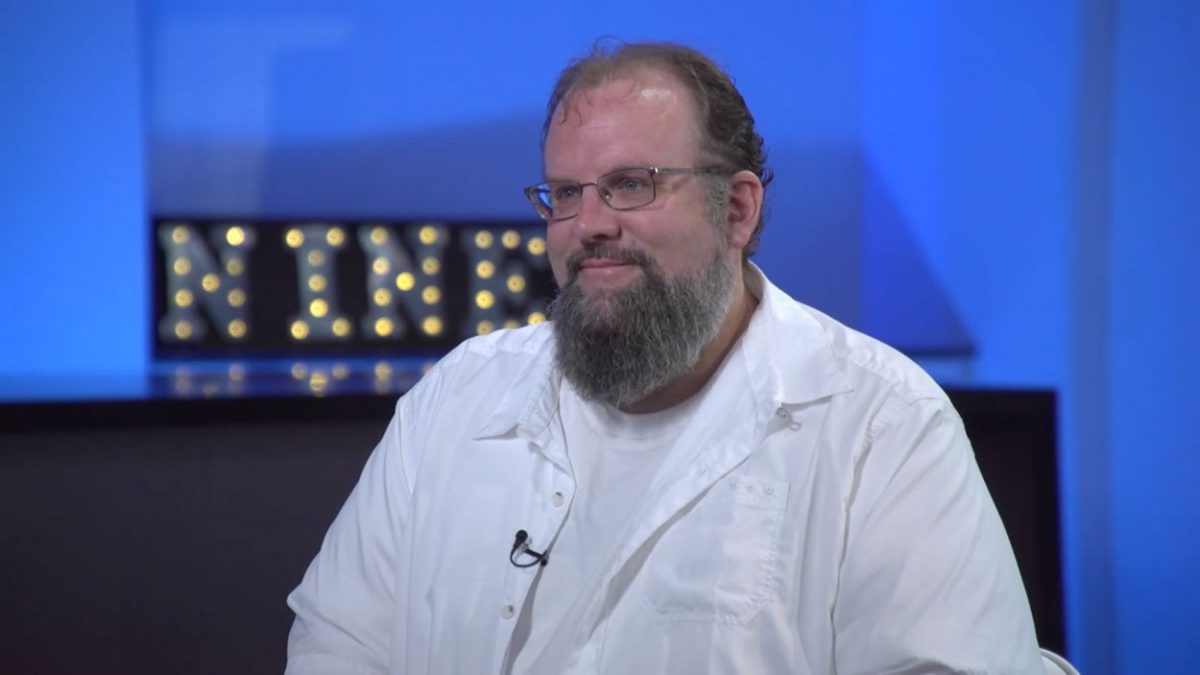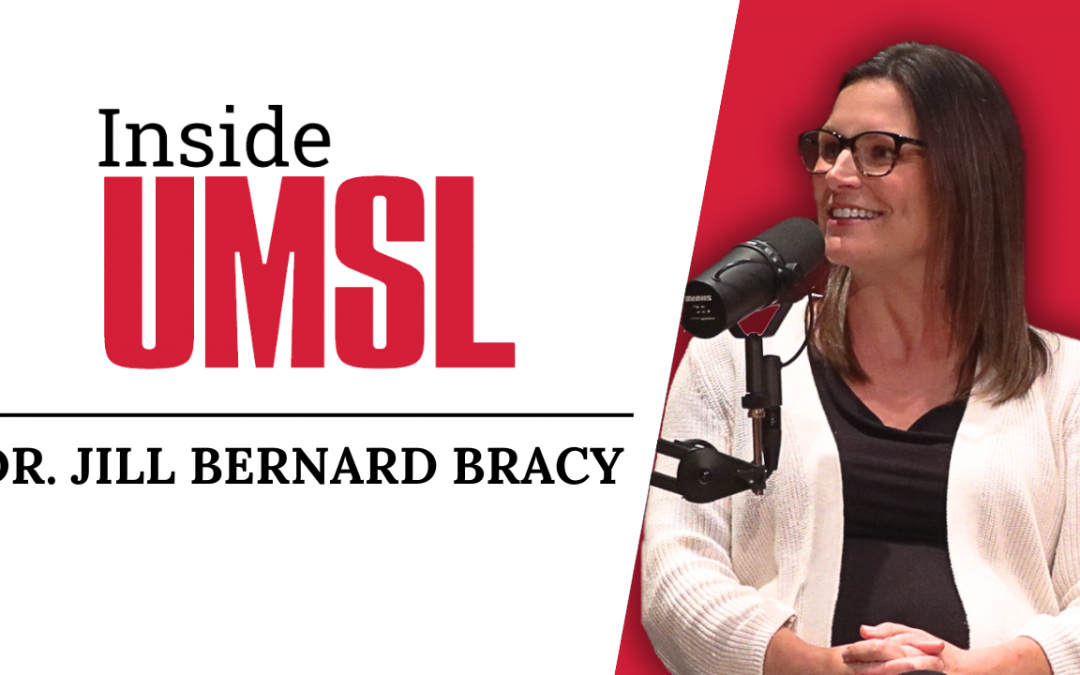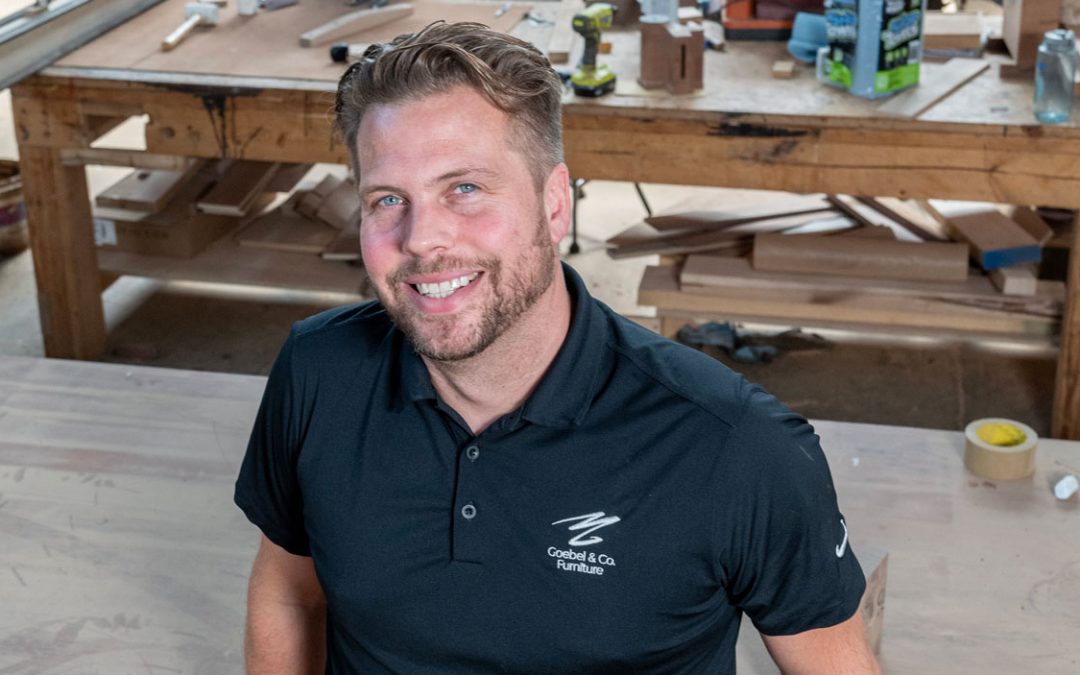
Matthew Henry, an associate teaching professor and the director of Percussion Studies in the Department of Music at the University of Missouri–St. Louis, recently appeared on an episode of “Living St. Louis” on Nine PBS.
On the first day of class, Matthew Henry will often ask his students to raise their hands if they listen to music. Then he asks them to look around the room. Without fail, every hand will be raised. The lesson? Everyone is a consumer of music.
On Monday’s episode of “Living St. Louis” on Nine PBS, the associate teaching professor and director of Percussion Studies in the Department of Music at the University of Missouri–St. Louis talked about the importance of not just being a consumer of music, but an advocate.
“When you teach young people about music education, they become advocates and it sustains quality music-making in the community at the schools, churches, wherever that may be,” Henry said. “Not to mention the scientific brain function and emotional functions and societal relationship functions that are much better for students when they’re involved in music programs.”
In his interview with “Living St. Louis” Producer Brooke Butler, Henry discussed the importance of music education, mentorship and guiding budding music educators along on their path. But he also touched on some of the challenges of being a music educator, including classroom management and funding, as music programs often fall victim to budget cuts in schools.
“The funding for music programs is often a lot higher than it is for other programs because you have to have instruments, you have to have multiple instruments,” he said. “If you have a music education classroom, you need 20 recorders, maybe. And you can’t just use a digital textbook like you might be able to in a science or history course, so you have to have physical instruments in the room. You have to maintain them. What if one breaks? You have to have extras. I mean, it’s always a hustle and there are so many moving parts to a music education classroom.”
The episode also features segments on John Miller, who has spent years expanding and maintaining purple martin birdhouses in Forest Park; Joshua Williams, whose chance meeting with trumpeter Wynton Marsalis and other mentors helped propel his career in music; and U.S. Army Capt. Sam McNeal, who talks about how the 1997 NOVA documentary “Superbridge” inspired him to be a better student in elementary school and changed his life.
Watch the full interview on Nine PBS.














